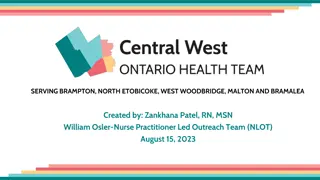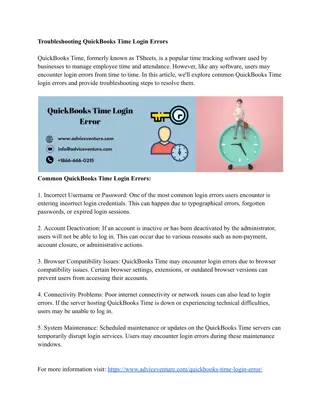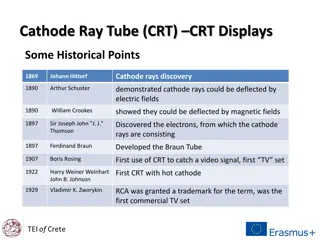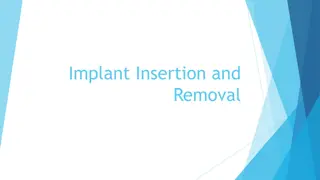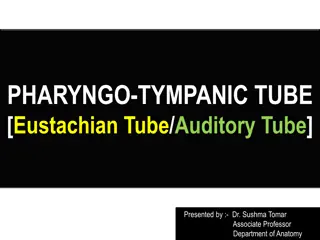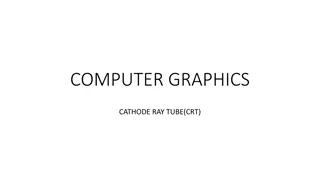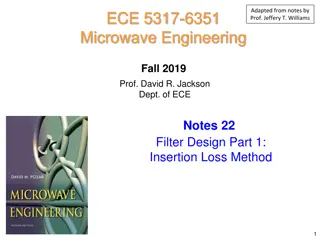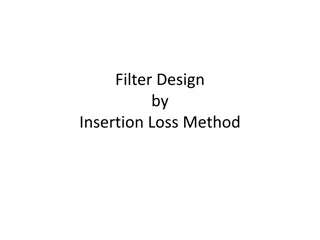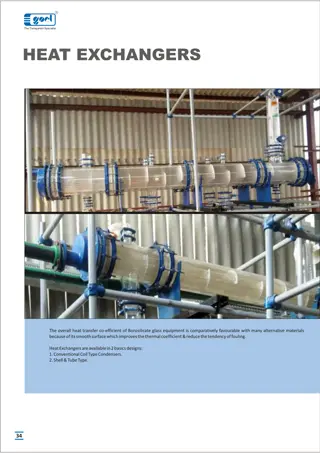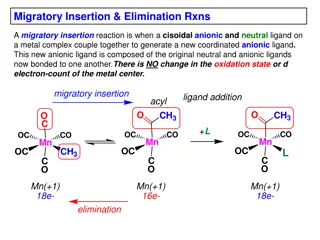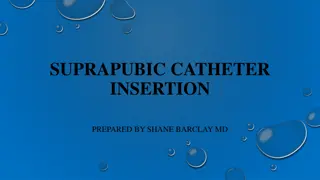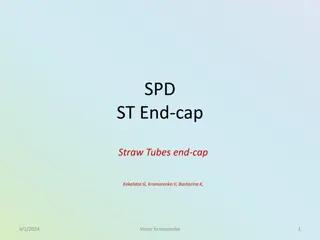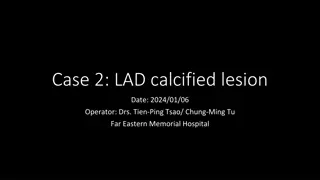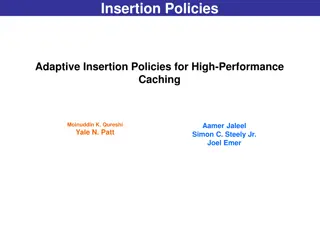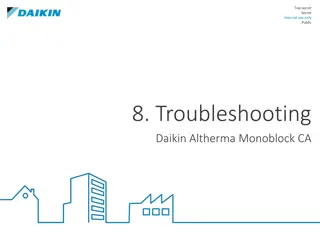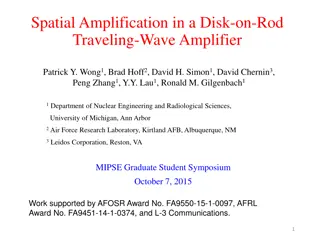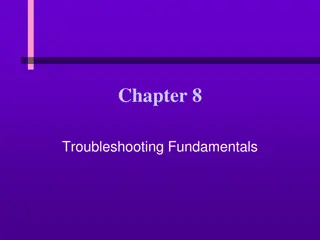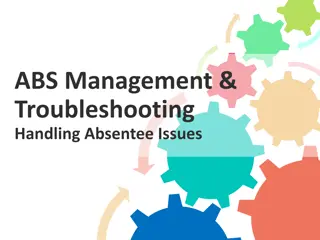Troubleshooting Percutaneous Tube Insertion: Medical Insights by Dr. Dave Sawbridge
Explore troubleshooting aspects of percutaneous tube insertion as discussed by Gastroenterologist Dr. Dave Sawbridge from Mater Private Cork. Learn about practicalities, complications, who needs PEG/PEG-J/PEJ insertion, how the procedure is done, risks and benefits involved, and how to address potential complications like buried bumper and leaks. Discover valuable insights on risk mitigation and management strategies.
Download Presentation

Please find below an Image/Link to download the presentation.
The content on the website is provided AS IS for your information and personal use only. It may not be sold, licensed, or shared on other websites without obtaining consent from the author. Download presentation by click this link. If you encounter any issues during the download, it is possible that the publisher has removed the file from their server.
E N D
Presentation Transcript
Percutaneous Tube Insertion Troubleshooting Medical aspects Dave Sawbridge Gastroenterologist Mater Private Cork
Contents Practicalities of PEG/PEG-J/PEJ insertion Complications buried bumper, infection/granulation
PEG/PEG-J/PEJ Insertion who and when? Supplemental nutrition required via ET for >1/12 If post-pyloric feeding needed PEG-J or PEJ Stable Consent/dual consent ? Access for pull through vs RIG/PEXACT Key contraindications: severe ascites, interposed organs, peritoneal carcinomatosis, anorexia nervosa, limited life expectancy
Jejunal extensions/jejunostomy PEG-J Jejunostomy
PEG/PEG-J/PEJ Insertion risks/benefits Benefits Reduced risk of dislodgement Simplified feed/medication management Option/reliable post-pyloric feeding/medication delivery Reduced risk of aspiration of feed More sightly/more easily to conceal More easy to access
PEG/PEG-J/PEJ Insertion - complications Early - serious risks 1-4% Pain Dislodgement Infection/peritonitis Perforation Late - (mostly) preventable by good care buried bumper Displacement bumper, extension Blockage Intersussception/gastric outlet obstruction Infection Leakage Wear and tear replace balloon systems every 6 months
Buried bumper Risk Mitigation advance and rotate tube daily 2-3cm during cleaning PEG-J advance daily without rotation Push under endoscopic guidance Snare manipulation Rat-toothed forceps Variety of pushing devices Mini-laparotomy
PEG leaks What is leaking pus/gastric contents/food? Inspect tubing for damage Can you inject/aspirate? If so any leak? Tube lies loosely in tract? is there any option to leave tract to heal up with smaller place holder? Overgranulation/superficial infection? Treat underlying infection swab Hydrocolloid dressings if gastric contents +/- sucralfate paste 1% hydrocortisone cream +/- Silver nitrate/laser cautery Secure external fixator Reduce tension Reduce manipulation



